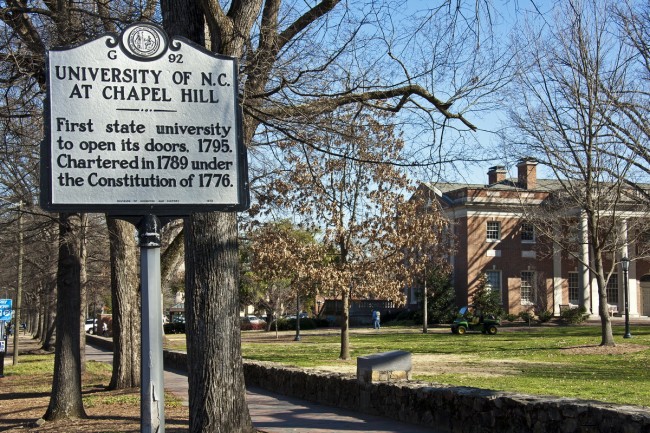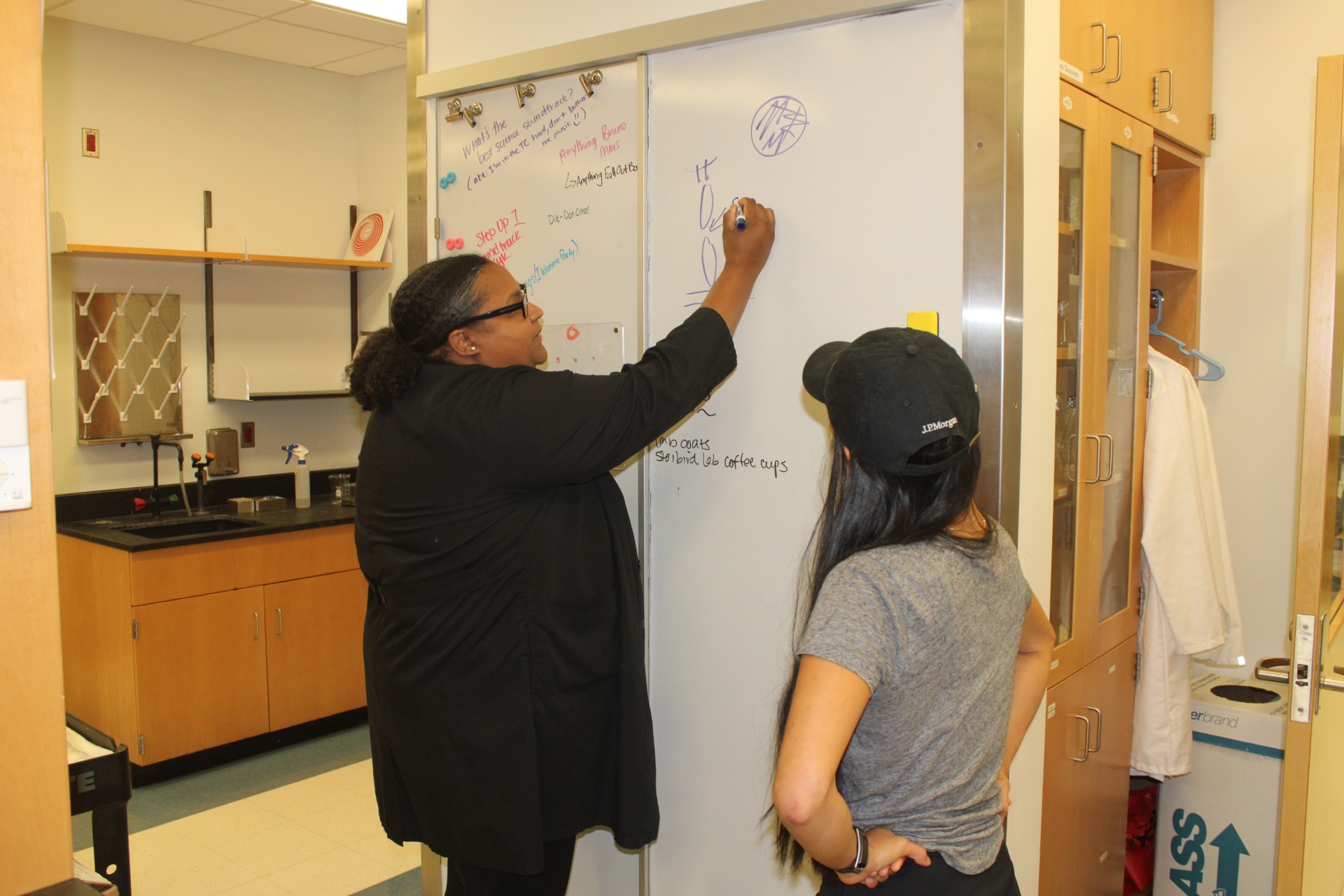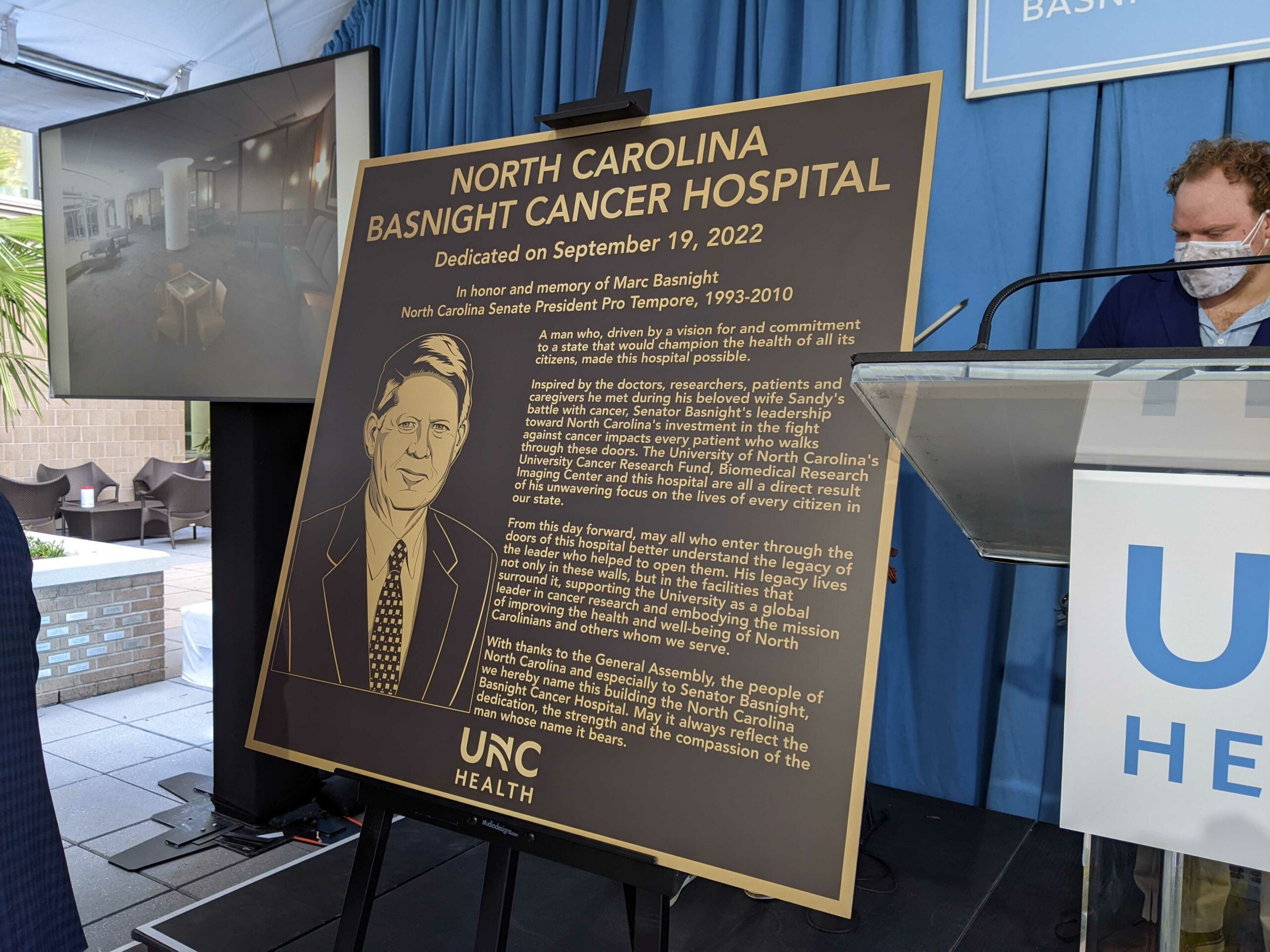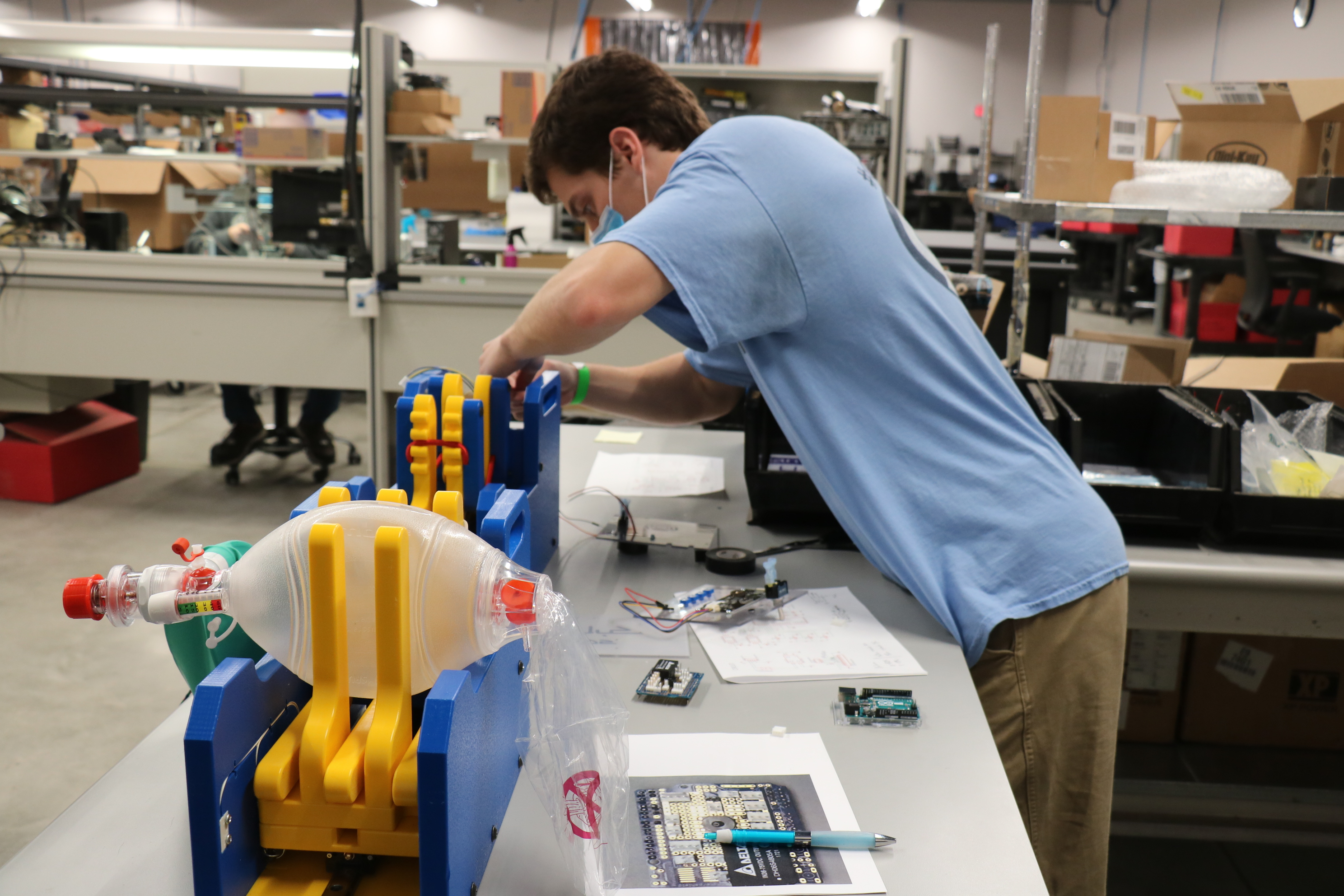A team of biomedical engineers working within a joint department of North Carolina State University and the University of North Carolina at Chapel Hill had their research published two weeks ago.
According to Dr. Zhen Gu, the team’s senior author, the research focuses on using blood platelets to minimize the spread of cancer cells after surgical treatments.
“We just leverage the physiological properties of the platelets, because the platelets just naturally accumulate in the [surgical] sites,” he cited.
Residual cancer cells that circulate after the excision of malignant tumors remain a threat to cancer patients, but Gu’s team may have found a way to interdict those cells.
“We can specifically transport this kind of [cancer-fighting] antibody to the surgical sites,” explained Gu.
By placing engineered antibodies on the surface of blood platelets and delivering those platelets to surgical sites, the team discovered that recurrent tumor growth could be stayed.
This new technique of having antibodies ride on platelets is significant because it counteracts the response of the immune system to attack healthy tissue and repair cancer cells.
“The activator T-cells — they not only attack the tumor cells, but also the normal cells, normal tissues,” stated Gu.
Gu mentioned that the research was promising enough for the team to file a patent, prepare for a large-animal study and pursue commercial exposure by registering a business.
“We will actually launch a start-up company based on this technology, hopefully this spring” he offered.
If Gu’s team is able to incorporate, their story will be similar to that of Capio Biosciences, a company founded in part by a UNC professor that created a device to capture and analyze residual cancer cells.
With the US Food and Drug Administration having recently approved the antibody used by the team, Gu expressed optimism regarding the team’s approach as well as its future.
“We are very excited about that,” he noted. “It’s not only effective, but also very simple.”
Photo by UNC-NC State Joint Biomedical Engineering Program.
Related Stories
‹
![]()
UNC Virologists Discover New Strategy to Treat HIV InfectionsHIV has infected over 70 million people according to the World Health Organization, but virologists at UNC-Chapel Hill are now one step closer to stopping the spread of the insidious pathogen. The effective but temporary nature of current HIV treatments was the impetus for Dr. J. Victor Garcia and his team to consider how the […]

Carolina Angel Network to Support UNC Start-UpsInnovation costs money. And money isn’t something many start-up companies have much of, even if the ideas they aim to bring to life are great. That’s why the Carolina Angel Network (CAN) exists. It’s a newly developed UNC-based network that partners start-ups with bigger companies that act like an “angel” and provide advice, networks and […]

Chansky's Notebook: Wade's WorldMichael Koh discusses Will Wade's first season at NC State, and notes the head coach and the program are a perfect fit.

UNC Researchers Warn About Effects of Federal Funding Cuts on Cancer Discoveries, TreatmentsThreats of federal funding cuts are already felt within research circles at UNC, including the labs of some leading cancer research.

Art’s Angle: PerspectiveMack Brown was crying after the 41-34 shocker to Georgia Tech — but he was weeping about losing one of his former players and team leaders.

UNC Confirms Student Death in Residence Hall 1 Week Before Classes EndedWhile the UNC campus community is celebrating its last day of classes on Friday, details are emerging of a tragedy that took place one week before. A student death was reported in Thomas Ruffin Jr. Residence Hall on the morning of Friday, April 21, according to UNC Police’s crime log. WRAL first reported the student […]

INSIDE CAROLINA LIVE 2/18/23 - State Game and Jawad Williams!Tommy Ashley and Joey Powell host Inside Carolina Live ahead of the critical game for the Heels against NC State on Sunday. Jawad Williams joins the show for hour 2. You can watch this week's episode on YouTube here or listen to the radio broadcast via the player below.

UNC Cancer Hospital Renamed to Honor State LeaderMarc Basnight was North Carolina’s longest-serving legislative leader. After his death, state legislatures wanted to find a way to honor him.

UNC and NC State Joint Engineering Program Delivers Emergency Ventilator DesignMore than 70 percent of North Carolina ventilators are currently available to help COVID-19 patients in critical condition. But with hospitalizations continuing to hit record levels in the state and cases rising elsewhere in the U.S., the need for ventilators is still high. Months ago, a team of UNC and NC State students, faculty and […]

Chansky's Notebook: Still Seeing RedThe best 11-17 team in the country sent State packing again. Maybe Roy Williams ought to load up his schedule next season with schools that have “State” in their names – Arkansas State, Boise State, Cal State, well, you get the point. UNC bookended wins over the Wolfpack to break a near-historic losing streak, and […]
›










